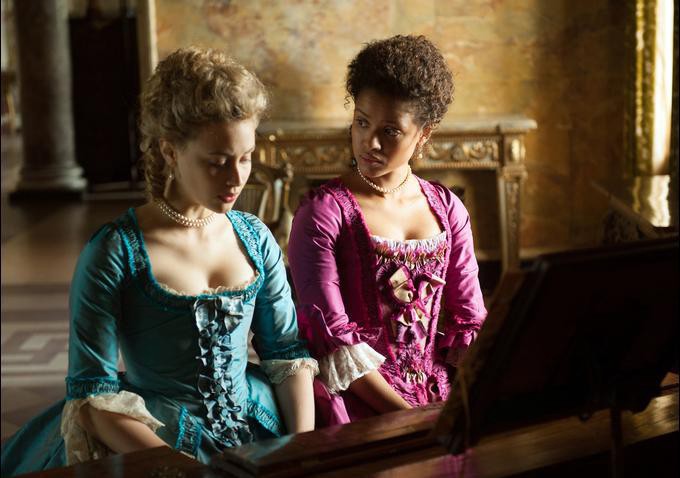“This is the story of a woman who is loved.”
Those are the words black British director Amma Asante used to describe her marvelous sophomore feature Belle at the Athena Film Festival this past weekend, and they had a palpable emotional impact when Asante uttered them at the film’s post-screening Q&A.
That’s because it’s still all-too-maddeningly rare to see a gentle romance about the loveliness or adorableness or winsome sweetness of black women. Asante’s intention to make exactly that — her version of Jane Austen, based on the life of Dido Elizabeth Belle, an 18th-century half-African, half-British historical noblewoman — feels radical, even though the film is in many ways a comfortably familiar period piece primarily concerned with courtship and marriage.
Last year saw a flurry of high-profile films with (male) black protagonists (12 Years a Slave, Mandela, Fruitvale Station, The Butler, and 42), and the wonderful thing about Asante’s carefully constructed film is that it’s not a story grounded in black suffering. Living in a pre-abolition Britain, Dido, played with grace and passion by Gugu Mbatha-Raw, is certainly no stranger to racism.
But, as Asante explained, her film tells a story about Dido “teaching people how to love her” — to let themselves be won over by her charms and wit despite their knee-jerk prejudices. Rounded out by critiques of sexism and classism, Belle is a quietly ambitious project that’s already put Asante on an ascendant path in Hollywood.
If you missed its NY premiere at Athena, Belle will be released on May 2.







